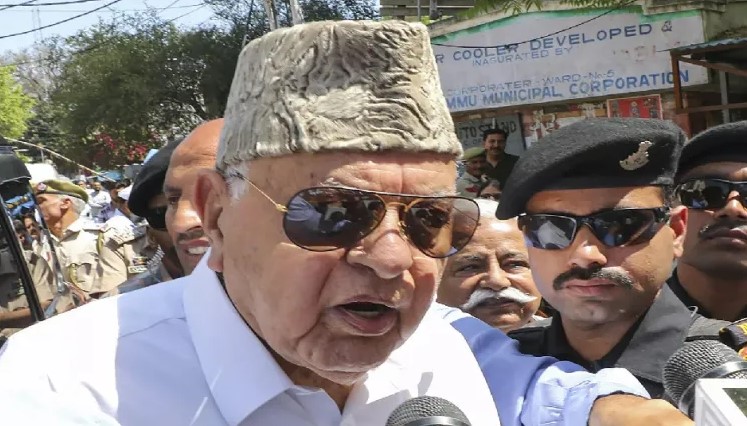The Supreme Court has dismissed a plea by Bilkis Bano to review its May judgment which allowed the Gujarat government to consider and release prematurely 11 convicts serving life sentence for gangraping her during the 2002 riots.
A Bench of Justices Ajay Rastogi and Vikram Nath dismissed Ms. Bano’s review petition by circulation in the chambers.
Her petition had wanted the court to reconsider its judgment which permitted the Gujarat government to apply the State’s Premature Release Policy of 1992 while deciding pleas made by the 11 convicts for early release.
In its May 13 judgment, a Bench led by Justice Ajay Rastogi had concluded that Gujarat was the “appropriate government” under Section 432 of the Code of Criminal Procedure to decide the remission of the convicts in the case.
“Indisputedely, in the instant case, the crime is committed in the State of Gujarat which is the appropriate Government competent to examine the application filed for pre-mature release,” the Supreme Court had observed.
The judgment in May was pronounced in the basis of an application filed by one of the convicts, Radheshyam Bhagwandas Shah @ Lala Vakil, for premature release in terms of its remission policy of July 9, 1992. The 1992 policy was prevalent on the date of conviction.
The Supreme Court had followed a precedent set through an earlier judgment in State of Haryana versus Jagdish, which had held that the policy applicable at the time of conviction must be considered for deciding an application of pre-mature release.
Ms. Bano has argued that the early release of the convicts amounted to a violation of her fundamental right to life. She has said the remission policy of the State of Maharashtra, where the trial happened, and not Gujarat would have governed the case.
A simultaneously filed writ petition by Ms. Bano is yet to be heard by the court. Recently, one of the judges on the Bench before which it was listed, Justice Bela Trivedi, had recused. The writ petition has been referred back to the Chief Justice of India for listing before another Bench.
Others like CPI (M) leader Subhashini Ali and others like TMC leader Mahua Moitra have also challenged the early release of the convicts in separate writ petitions. Their petitions were last heard by Justice Rastogi’s Bench on October 18. The court had then given petitioners time to respond to a Gujarat government affidavit which showed that the Special Judge and the CBI in Mumbai had opposed the premature release of the 11 convicts.
The affidavit by the State of Gujarat had revealed that while the Superintendent of Police, CBI, Special Crime Branch, Mumbai and the Special Judge (CBI) of Greater Bombay opposed the premature release all the authorities in Gujarat and the Home Ministry recommended their release.
“All the prisoners have completed 14 plus years in the prison under life imprisonment and opinions of the authorities concerned have been obtained as per the premature release policy of 1992 and submitted to the Ministry of Home Affairs vide letter dated June 28, 2022 and sought the approval of the Government of India. The Government of India conveyed the concurrence/approval of the Central government under Section 435 of the Code of Criminal Procedure for premature release of 11 prisoners in a letter on July 11, 2022,” the 57-page affidavit had said.
Several judgments of the Supreme Court, most recently in April this year, have underscored that a State cannot exercise its remission powers arbitrarily.
The court, in State of Haryana versus Mohinder Singh, had held that the grant of remission should be “informed, fair and reasonable”.
In Rajan versus Home Secretary, Department of Tamil Nadu, the top court had held that “grant of premature release is not a matter of privilege but is the power coupled with duty conferred on the appropriate government”.
The court had in Laxman Naskar versus Union of India laid down five questions which should feature in the State’s mind before deciding on remission. These include whether the offence is an individual act of crime that does not affect the society; whether there is a chance of the crime being repeated in future; whether the convict has lost the potentiality to commit crime; whether any purpose is being served in keeping the convict in prison; and socio-economic conditions of the convict’s family.









